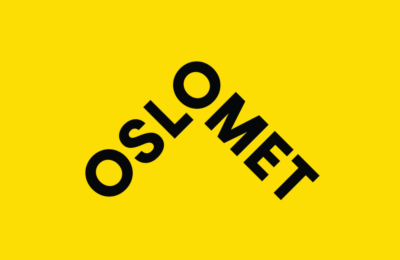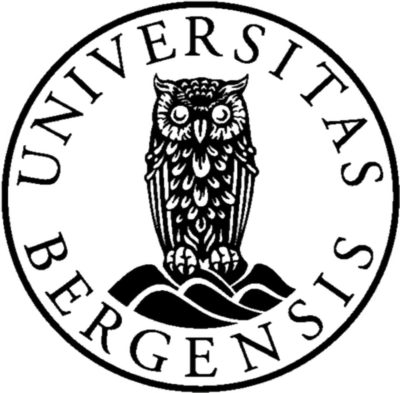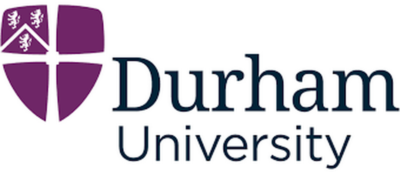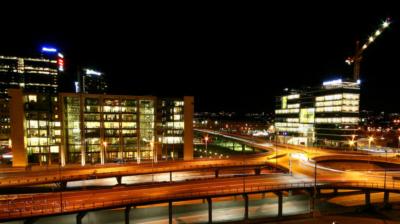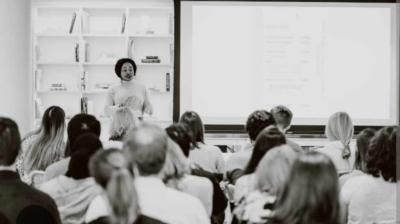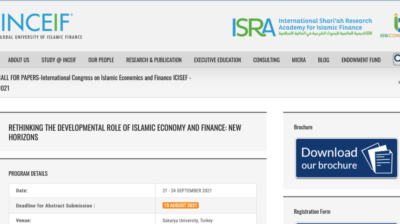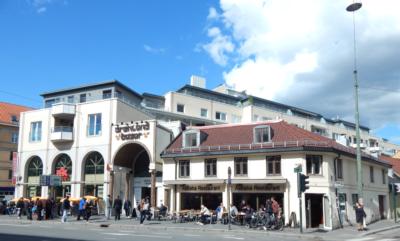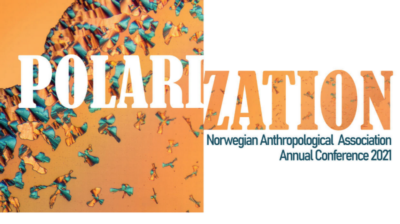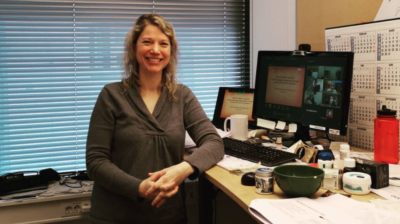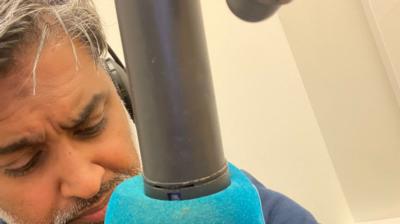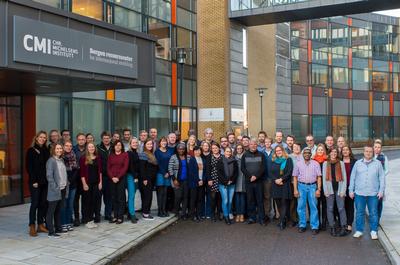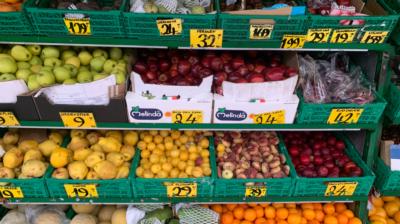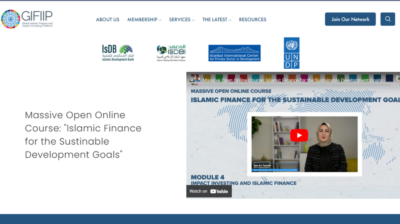What are the dynamics that keep Muslim immigrant entrepreneurs in Norway from growing their enterprises? How can businesses become sources for socio-economic equality and integration? What does the Norwegian case reveal?
We focus on cases like: Mohammed, a 35 year-old Syrian refugee, arrived in Oslo in 2013. He opened a small grocery store, using informal financing from the local mosque. The small business is doing well, but he would like to expand to improve his family’s living conditions. However, Mohammed is reluctant to take out a formal business loan because the interest charges (riba’) are forbidden in Islam. He approached his local mosque, but there have not been any feasible financing alternatives.
He has hit the “invisible ceiling” of financial exclusion. Like other Muslim immigrant entrepreneurs in Norway, he experiences inequalities in his integration in Norway and obstacles to fully realizing his active citizenship. Research reveals that such Muslim immigrant entrepreneurs are unable to access acceptable financial tools formally, and instead rely on informal avenues for financing that limit their growth potential and impede integration.

Through a 4-year project in 5 work packages, we utilize international and effective collaboration to understand the dynamics of this financial exclusion as revealed by the entrepreneurs in 5 Norwegian cities, key Muslim leadership, and relevant Norwegian organizations.
The project combines insights and experts from civil society organizations, finance, history, and anthropology and employs methods such as interviews, participant observation, surveys, as well as textual analysis to understand how Muslim immigrant entrepreneurs in Norway navigate the financial landscape. Working closely with project team experts from civil society we will facilitate for knowledge exchange through developing and distributing a curriculum on the topic.

